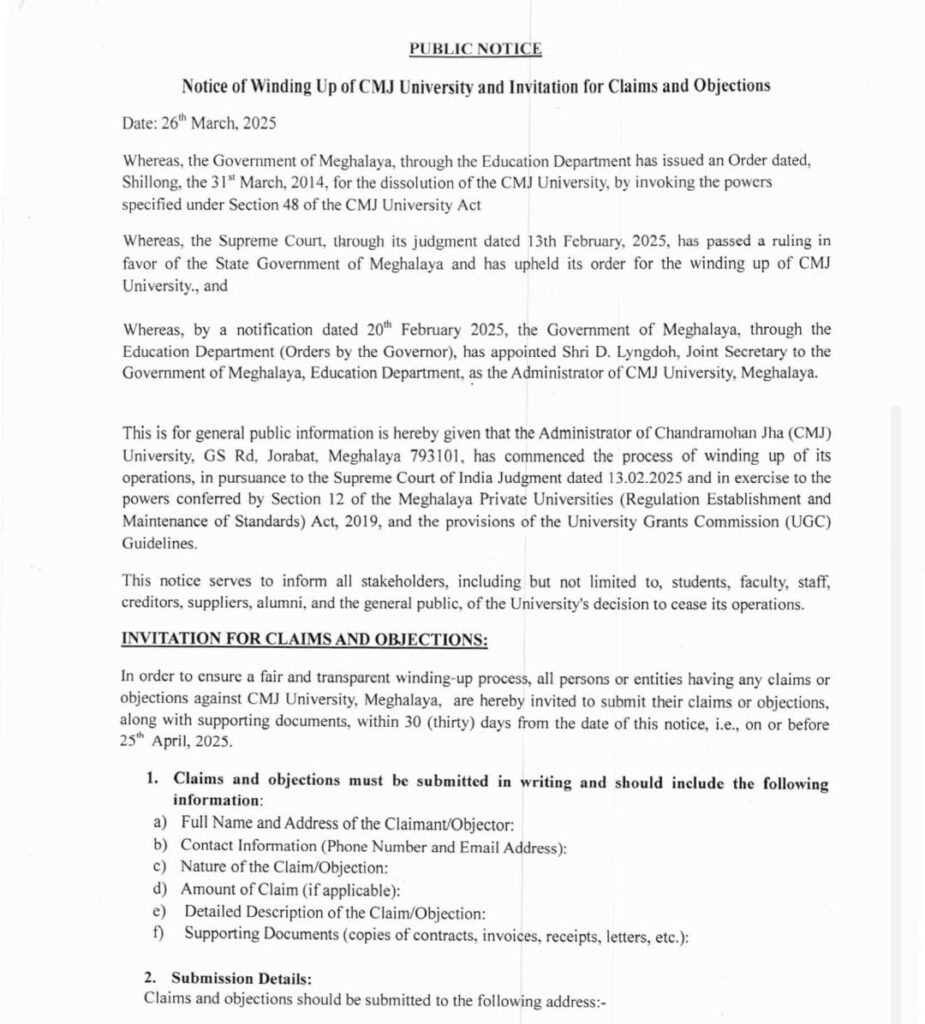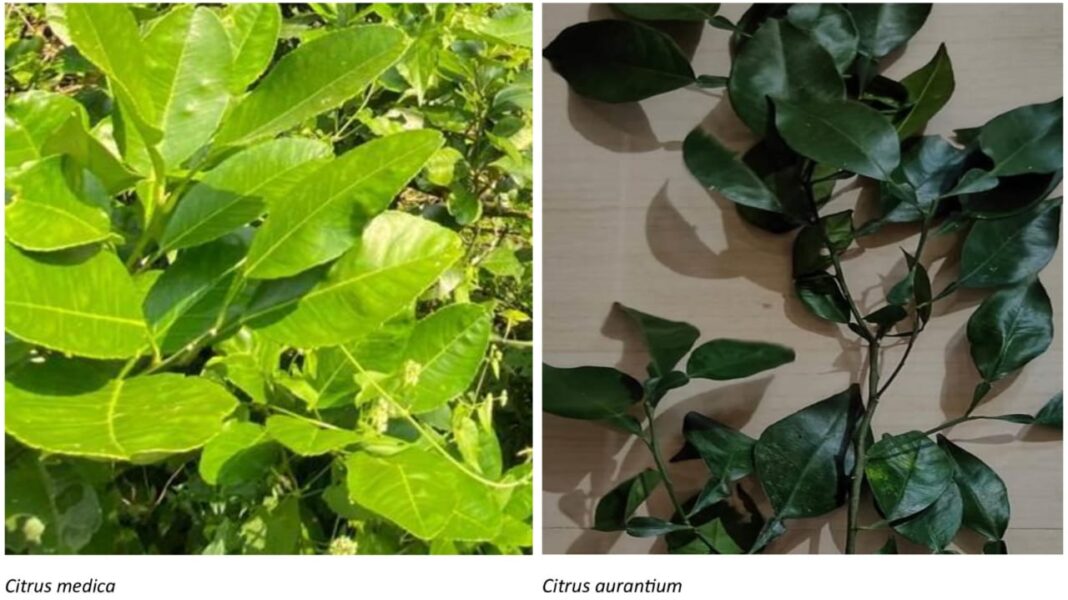Shillong, March 29: The lush green hills of Meghalaya, known for their rich biodiversity and unique flora, may hold a natural solution to one of modern medicine’s biggest challenges—antibiotic resistance. A study published in Current Microbiology has highlighted the potential of essential oils derived from citrus plants grown in Meghalaya in combating bacterial infections, particularly targeting Aeromonas jandaei, a common pathogen affecting the freshwater fish Anabas testudineus.
Antibiotic resistance has emerged as a major public health concern worldwide, posing significant threats to human and animal health. In aquaculture, bacterial infections can lead to mass mortality in fish populations, disrupting both ecosystems and economies. With traditional antibiotics losing their effectiveness, researchers are actively exploring natural alternatives, and essential oils have gained attention for their bioactive properties.

Scientists from the Zoology department of Gauhati University focused on essential oils extracted from Citrus medica and Citrus aurantium, assessing their antibacterial properties through advanced analytical techniques. The citrus plants used in the study were collected from Meghalaya, with Citrus aurantium leaves specifically sourced from Jimiri village in Ri Bhoi district. Meghalaya, often called the ‘Abode of Clouds,’ is home to a diverse range of indigenous plant species, and its traditional knowledge of herbal medicine adds a compelling layer to this research.
The local name of Citrus medica is Sohmad and has medicinal and other uses. On the other hand Citrus aurantium is commonly called bitter orange and is a source of edible fruit and is widely used in folk medicines.
To understand their effectiveness against A. jandaei, a pathogen known to cause severe infections in freshwater fish, researchers employed gas chromatography-mass spectrometry (GC–MS) to analyze the oils’ chemical composition. The results identified key bioactive compounds with strong antimicrobial potential, reaffirming the medicinal significance of Meghalaya’s plant wealth.
To evaluate their efficacy, scientists utilized agar diffusion and broth microdilution methods, which are standard techniques for determining antibacterial activity. These methods helped establish the minimum inhibitory concentration (MIC) and minimum bactericidal concentration (MBC) of the essential oils against A. jandaei. The findings revealed that both Citrus medica and Citrus aurantium essential oils exhibited significant antibacterial activity, effectively inhibiting the growth of the pathogen.

The researchers associated with the study said the findings reinforce the notion that essential oils particularly those from the citrus species, could provide a more sustainable alternative to synthetic antibiotics in the treatment of aquaculture diseases.
“The rising concern of antibiotic resistance in aquaculture systems underscores the urgency of finding alternative antimicrobial agents that are both effective and sustainable. In aquaculture, where bacterial diseases can spread rapidly, leading to devastating losses in fish populations, the over-reliance on antibiotics has resulted in resistance issues, making disease management more challenging. As resistance to conventional antibiotics continues to increase, the need for alternative approaches becomes more pressing. Essential oils, with their multi-targeted mechanisms of action, offer a promising alternative that may help mitigate the risks associated with antibiotic resistance” the study says.


The authors say the essential oils derived from citrus species, for example, contain a blend of compounds that target various bacterial functions, from disrupting cell membranes to inhibiting enzymatic activity, making them particularly effective in combating a wide range of pathogens
Additionally, these oils possess lower toxicity and can be applied in more environmentally sustainable ways , which is crucial in the context of aquaculture where environmental factors must be considered in disease management strategies.
As the battle against antibiotic resistance intensifies, the scientific community is turning toward nature’s vast reservoir of bioactive compounds. This study serves as a significant step in understanding how plant-derived essential oils can be utilized as potent antimicrobial agents.
Read: Farmers in Northeast encouraged to embrace export-oriented agriculture
WATCH:
Find latest news from every corner of Northeast India at hubnetwork.in, your online source for breaking news, video coverage.
Also, Follow us on-
Twitter-twitter.com/nemediahub
Youtube channel- www.youtube.com/@NortheastMediaHub2020
Instagram- www.instagram.com/ne_media_hub
Download our app from playstore – Northeast Media Hub





